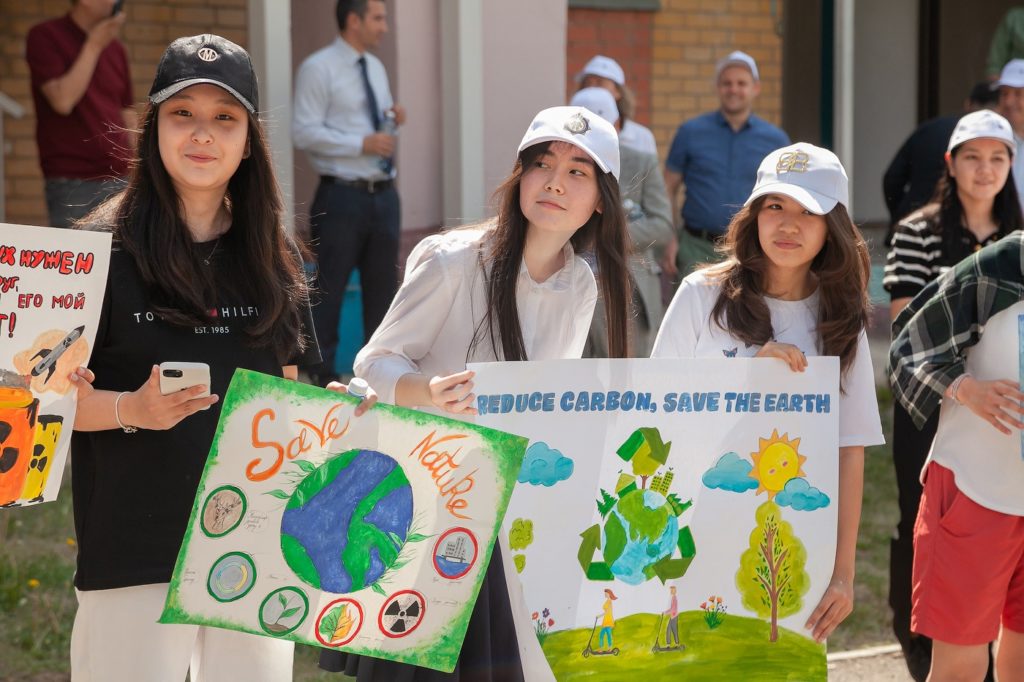Tashkent, Uzbekistan – A presidential decree has been adopted outlining measures to enhance public administration in the field of energy efficiency, develop the market for energy service companies (ESCO), advance energy auditing, as well as expand “green” financial instruments as part of the “Year of Environmental Protection and Green Economy” in Uzbekistan.
In accordance with this decree, the National Energy Efficiency Agency will be established under the Cabinet of Ministers. One of its core mandates will be to implement a unified state policy on energy efficiency, and develop and regulate incentive and enforcement measures in this area.
Starting from 1 July 2025, the Government will provide subsidies covering:
- 20% of the cost of conducting energy audits of residential buildings
- 20% of the cost of solar panels and solar collectors
- 40% of the cost of heat pumps (with the total subsidy amount not exceeding 50 times the base calculation value).
By 1 September 2025, a Digital Energy Efficiency Platform will be launched, providing a unified register of energy auditors, consultants, managers, and ESCOs, as well as manufacturers of solar panels, solar collectors, heat pumps, and other green technologies.
By 1 October 2025, green energy efficiency standards will be introduced for both domestic producers and importers.
Beginning 1 January 2025, no less than 5% of expenditures of budgetary organisations and 15% of off-budget funds will be allocated to improving energy efficiency.
In addition, an off-budget Fund for the Promotion and Support of Energy Efficiency will be established. The Government plans to allocate equivalent of over 7 million euro in 2025 and over 14 million euro annualy in 2026 and 2027, depending on public needs. Furthermore, it aims to attract an additional €185 million in concessional loans through commercial banks.
The EU-funded SECCA project has been supporting national partners in Uzbekistan in exploring the potential of ESCOs in the country and sharing the experiences and lessons learned from EU Member States. In June 2024, the project organised a technical workshop and a roundtable in Tashkent and is currently developing three draft bylaws on ESCOs.



